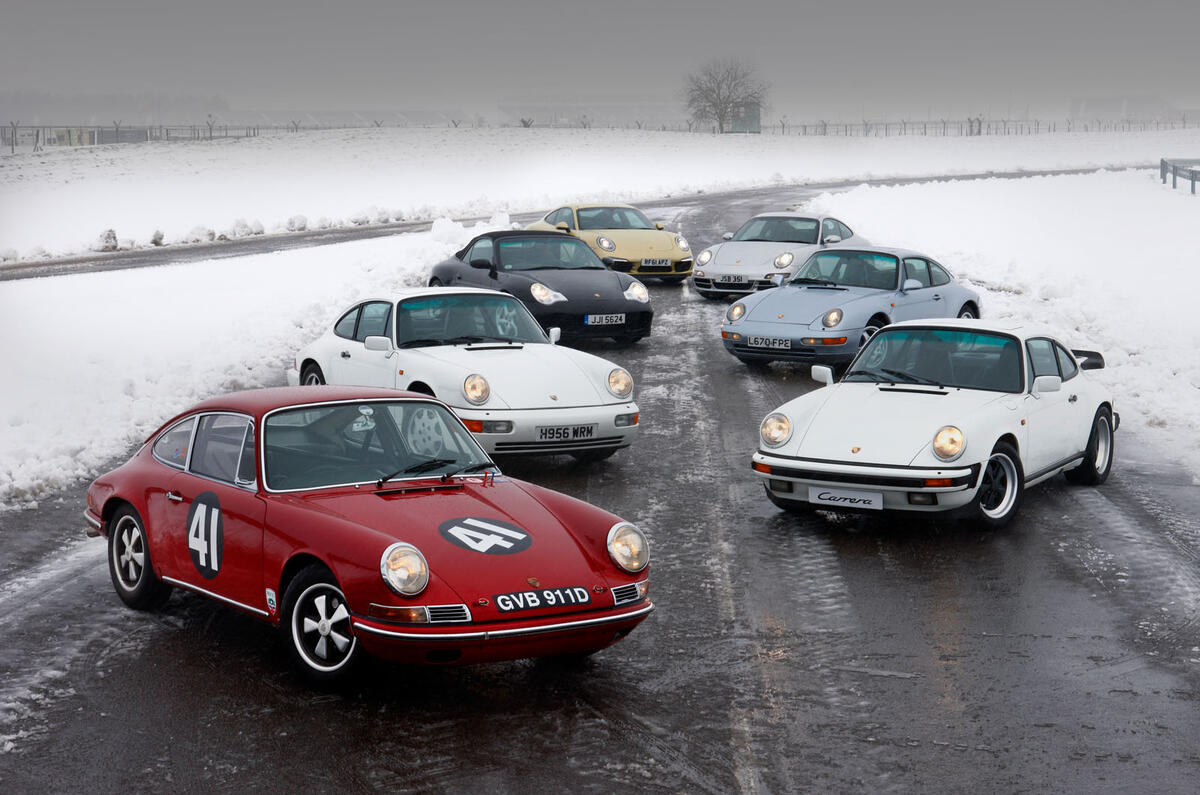Germany’s successful bid to redraft the European Union’s 2035 ICE ban exempt cars running on synthetic e-fuels can be linked back to Porsche’s iconic sports car. How strong is that link?
Let’s examine the evidence. Germany’s push to reopen what was considered an airtight agreement to ban the sale of all new ICE cars by 2035 was driven by the head of the FDP ruling coalition party, Christian Lindner, who is also Germany’s finance minister.




Add your comment